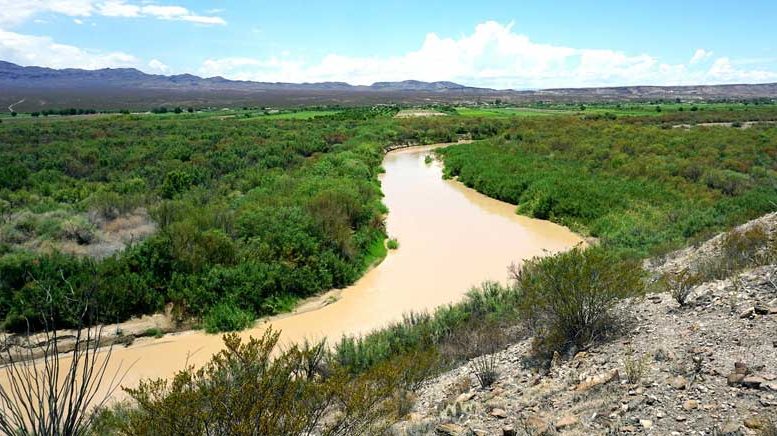|
Click to listen to this article
|
After a prolonged advocacy effort, the U.S. Department of Agriculture has successfully brokered an agreement with Mexico to release long-overdue water from the Rio Grande River. This landmark agreement, rooted in the 1944 U.S.-Mexico Water Treaty, marks a critical step toward restoring equitable water distribution crucial for agricultural sustainability.
The National Onion Association, Texas International Produce Association and Texas Citrus Mutual worked for months to communicate the situation, in which Mexico had been disregarding their duties to share water with the United States. The 1944 treaty mandated the release of 1.75 million acre-feet of water from the Rio Grande in five-year cycles to the U.S. in exchange for the U.S. Releasing 1.5 million acre-feet of water from the Colorado River to Mexico. The U.S. had been faithful in its releases, but this year stopped, citing the inequities created by Mexico’s failure to adhere to the treaty.
The increased agricultural output has severely affected American onion growers, as they contended in recent years with the surge of imported onions from Mexico, produced at lower production, labor and transportation costs than the American growers.
“This achievement would not have been possible without the coordinated efforts of the National Onion Association, the Texas International Produce Association, and Texas Citrus Mutual. Together, we worked diligently to ensure the federal government understood the urgent water deficiencies impacting our growers,” said Greg Yielding, executive vice president and chief executive of the National Onion Association. “At the NOA, we take great pride in leading these efforts. This outcome reflects the kind of proactive advocacy our leadership is committed to delivering, and we will continue fighting to correct inequities in onion and agricultural trade.”
Mexico had been refusing to release water, citing extreme drought, for years, while also increasing its agricultural output having stored the water owed to the United States in the eight new reservoirs the country had built since the 1944 treaty. As an example, the county increased its onion acreage by 10,000 acres in recent years. The lack of water also was cited as the reason the Texas sugar cane industry collapsed in 2024, and it is the reason the Texas Citrus industry continues to struggle.
“Securing this water is a clear reminder of what can be accomplished when we stay united and determined,” said National Onion Association president Jared Gutierrez. “The National Onion Association remains fully committed to fighting for fairness and balance in agricultural trade. Our farmers deserve a level playing field, and we will continue to stand up, speak out, and work relentlessly to protect the future of onion farming in this country.”
The USDA reports there is still work to be done. This new agreement between the United States and Mexico solidified a plan for immediate and short-term water relief to meet the needs of Texas farmers and ranchers for this growing season. It includes water releases and continued commitments through October. Further collaboration with Mexico will be necessary.
SOURCE: NOA




